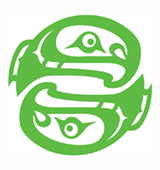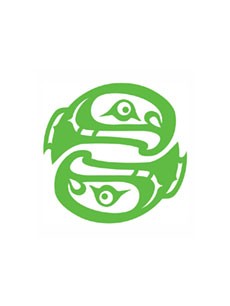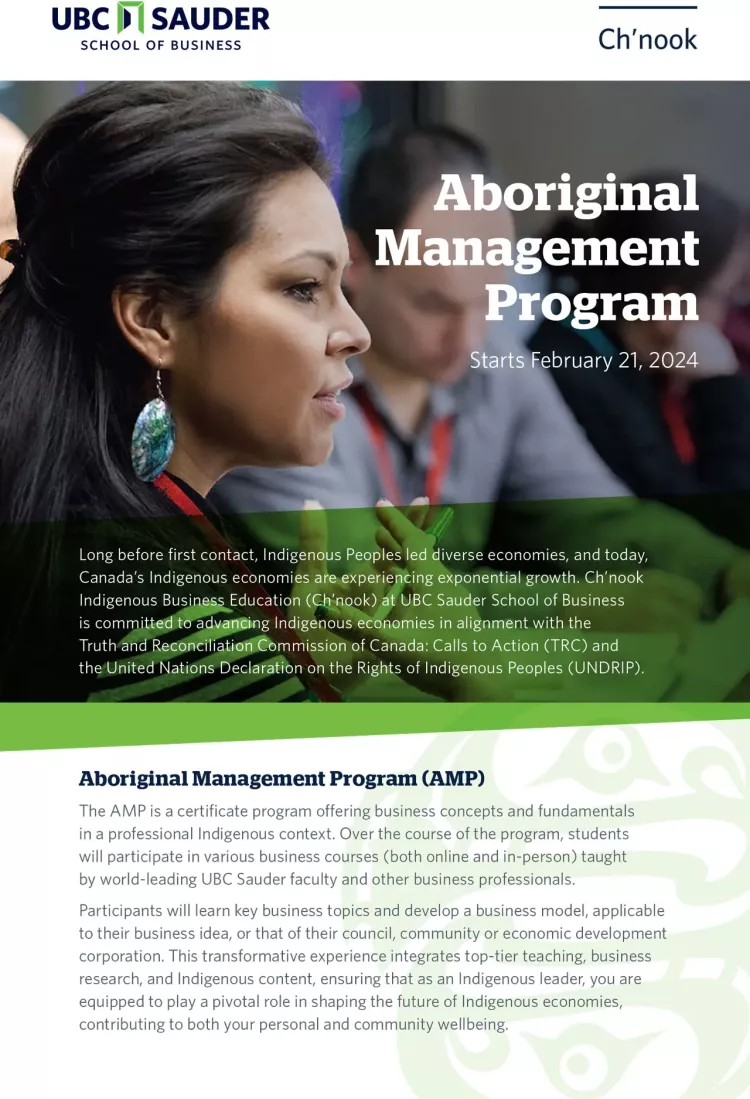CANADIAN IMMIGRATION UPDATES: Applicants to Master’s and Doctoral degrees are not affected by the recently announced cap on study permits. Read more
How to apply
Admission to the 2024 AMP is now CLOSED.
We are no longer accepting applications to the 2024 AMP. The deadline to apply was Feb 11, 2024 at midnight. Check back in October 2024 for information on the 2025 AMP.
To be eligible for Aboriginal Management Program, you must submit all of the following required documentation (outlined below) in addition to filling out the AMP application form. Failure to provide any of the following will result in your application not being considered. The Ch’nook Indigenous Business Education office is not responsible for confirmation of receipt of application or for an incomplete application. If you wish to follow up, you may do so by contacting Admissions@ch-nook.ubc.ca directly.
The required application documents:
1. A completed application form
Please fill out the Aboriginal Management Program application form (click here to access) and submit it with the following documents below.
2. Essay (no more than 500 words)
Your essay needs to reflect the following topics if possible:
- Introduction
- Business experience
- Career plans
- Achievements
- Community involvement and leadership experience
- Why you want to be in the program
- What business idea you want focus on for the program
3. CV/Resume
4. Two Signed Reference Letters
This has to come from someone NOT related to you, who can speak to your professional or educational background, your character or commitment to your community. For example, your reference letter could be provided by a volunteer organization, a teacher/professor, an Indigenous organization, a sports representative, a camp leader, a work supervisor, a church group, an Elder, etc.
5. Proof of Ancestry
To be eligible for the Aboriginal Management Program, you must be a First Nation (status & non-status), Métis and Inuit Canadian Indigenous applicant.
Proof of heritage includes a copy or scan of the following a certificate of Indian Status, Métis Membership Card, or Inuit Beneficiary Card, or a letter of acknowledgement from First Nation, Métis Association or Inuit agreement administrator.
Submit all required application documentation to:
Admissions@ch-nook.ubc.ca
FAQ
-
No, the AMP is a certificate program and is based on a pass/fail basis. Students must attend all required classes, complete homework assignments on time and present their final capstone project on the final day of class in order to pass the AMP. Upon completion of the program, students will participate in a graduation ceremony and receive a graduation certificate signed by the Dean of the Sauder School of Business and the Director of the Ch’nook Indigenous Business Education Office.
-
Yes, UBC Ch’nook has tuition bursaries available for any successfully admitted Indigenous student who cannot acquire tuition funding.
-
Yes, thanks to the generous support of our Ch'nook's program donors, travel, accommodation and per diems will be covered for students travelling to UBC Vancouver to attend AMP classes from May 6 to May 10, 2024 and June 10 to June 14, 2024.
-
On average, 15 Indigenous students are selected each year for the AMP.
-
Yes, the AMP is offered only to First Nation (status & non-status), Métis and Inuit Canadian Indigenous applicants. Proof of heritage is required when applying to the program.
-
Throughout the duration of the program, students work on their capstone projects, integrating knowledge and theory learned in the AMP business classes into an actualized, practical business idea/presentation.
The capstone project is an individual PowerPoint and oral presentation delivered in the final class of the AMP. Students will receive feedback and guidance from top-tier Sauder faculty, business professionals, mentors and their peers throughout the development of this project.
For the capstone project, students must outline the vision, mission and operating plan of his or her business, and provide convincing arguments for the financial viability of said business.
The topics of these projects are wide in scope. For example, a capstone project could be an existing project that a student’s community or employer is interested in developing. It could be an entrepreneurial project that a student wants to pursue personally or it could focus on the expansion of a current business or business initiative. Every student chooses a capstone project that is relevant to him or her. Over the years, numerous AMP alumni have turned their capstone project ideas into full-fledged businesses.
Past capstone project examples include Indigenous community initiatives such as economic development projects, resource management projects, agriculture and fisheries projects, a storage rental unit business, an Indigenous knowledge field school, housing projects, real estate projects, on-reserve office and conference room rentals etc. Other examples include tourism projects such as a virtual cultural center, an Indigenous outfitting company etc. or small businesses or start-ups including coffee shops, a daycare, an online business, a fashion design company etc.
-
There are no educational prerequisites required to apply to the AMP; any Indigenous applicant is eligible to apply to the program. In the application form you will be asked to provide information on your educational background as well as your highest level of math and skill level in Microsoft Word, Zoom, and Excel. Basic skills in math and Excel are encouraged as students will be required to develop a cash flow and income statement using excel for their capstone projects.

-
Need more information?
Our team is happy to help.
-
Get in touch
+1 604.822.0988
chnookadmin@ch-nook.ubc.caVisit the Contact Us page for more information

